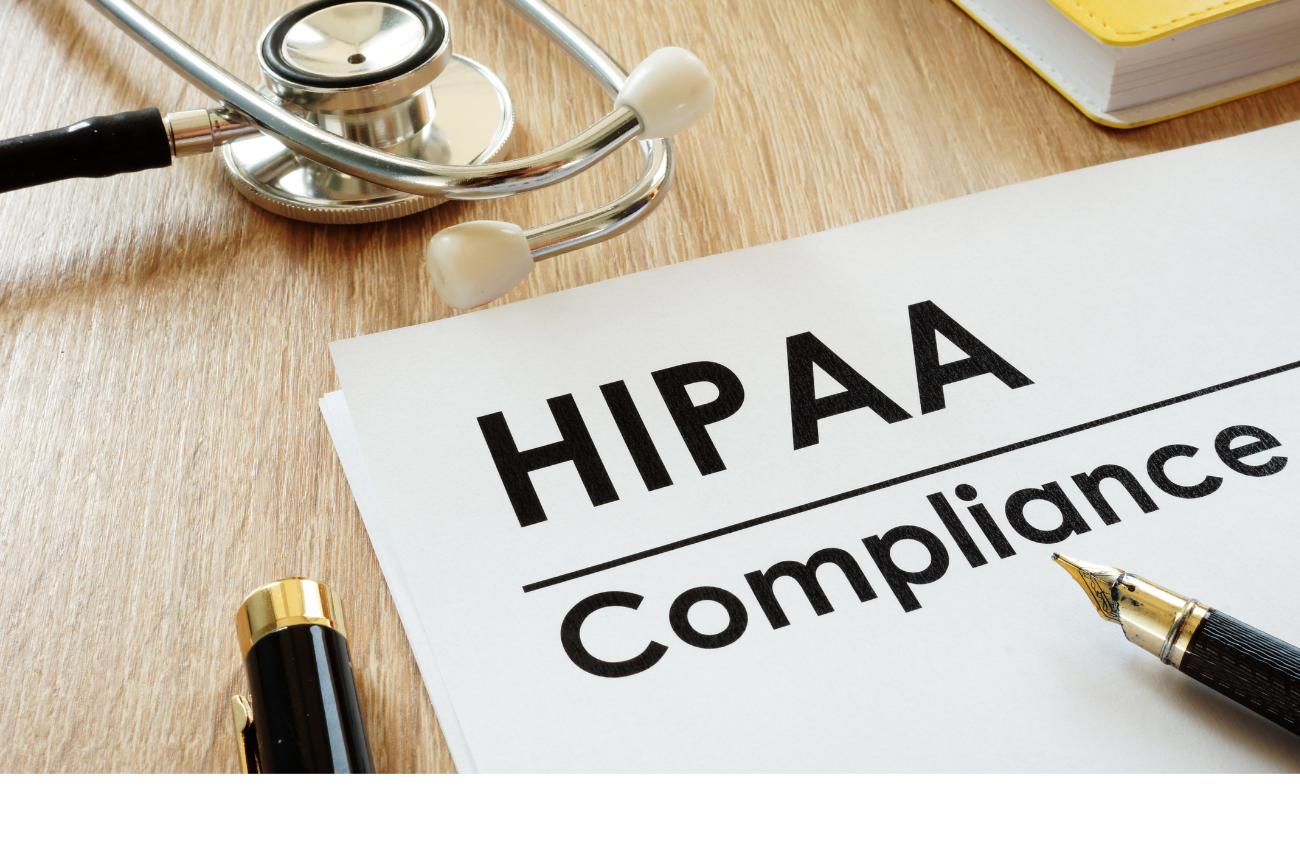Medical spas (medspas) are growing rapidly, offering treatments like injectables, laser therapies, and wellness services. While they often operate in a spa-like setting, many medspas collect, store, and transmit protected health information (PHI).
This raises an important question: Do medspas need to be HIPAA compliant?
This guide explores HIPAA compliance for medspas, why it’s necessary, and practical steps for maintaining patient privacy and security.
What is HIPAA?
HIPAA (Health Insurance Portability and Accountability Act) is a U.S. law that establishes national standards for protecting sensitive patient information. It applies to covered entities, including healthcare providers, health plans, and healthcare clearinghouses.
Key HIPAA requirements include:
- Protecting patient data both electronically and physically
- Controlling access to PHI
- Providing patients with access to their health records
- Reporting breaches of PHI
Are Med Spas Required to Follow HIPAA?
The answer depends on the services your med spa provides:
- Yes, if you are a covered entity:
Med spas that operate under a licensed physician, provide medical treatments, or store PHI must comply with HIPAA. - No, if purely cosmetic and no medical records are kept:
Spas offering only facials, massages, or non-medical aesthetic treatments may not fall under HIPAA, but other privacy regulations still apply.
Tip: When in doubt, consult a healthcare attorney to ensure your medspa complies with applicable laws.
Why HIPAA Compliance Matters for Med Spas
Even if your med spa isn’t strictly required to comply, HIPAA compliance is beneficial:
- Protects patient trust: Clients are more likely to choose a spa that safeguards their health information.
- Reduces liability: Avoid fines, lawsuits, and reputational damage from data breaches.
- Improves data management: Secure recordkeeping supports better patient care and operational efficiency.
HIPAA Compliance Best Practices for Med Spas
- Secure Electronic Records:
Use encrypted systems for storing PHI and restrict access to authorized staff. - Train Your Staff:
Educate all employees on HIPAA requirements, patient privacy, and proper handling of PHI. - Use Secure Communication:
Emails, texts, or online forms containing PHI must be HIPAA-compliant. - Develop Policies and Procedures:
Document how PHI is collected, stored, accessed, and disposed of. - Conduct Regular Audits:
Review your systems and processes to ensure ongoing compliance.
Common HIPAA Mistakes Med Spas Make
- Using unsecured email or messaging to communicate patient information
- Allowing unrestricted access to patient files
- Failing to train staff on privacy protocols
- Not having a clear data breach response plan
Avoiding these mistakes helps protect both your patients and your business.
HIPAA Compliant EMR with OptiMantra
Maintaining HIPAA compliance while running a med spa can feel overwhelming, but it doesn’t have to be. OptiMantra offers an all-in-one practice management and EMR platform designed for med spas and integrative practices.
With features like secure charting, encrypted patient communication, and compliance tracking, OptiMantra ensures your med spa stays HIPAA-compliant while improving workflow efficiency. From scheduling and charting to patient engagement and recordkeeping, OptiMantra streamlines operations so you can focus on delivering safe, high-quality care.
Try it for free here.
FAQs About HIPAA Compliance for Med Spas
1. Do all med spas need to follow HIPAA?
Only med spas that are covered entities, offering medical treatments or storing PHI, are required to comply.
2. What are the consequences of non-compliance?
Fines can range from hundreds to tens of thousands of dollars per violation, plus potential lawsuits and reputational damage.
3. Can non-medical aesthetic spas ignore HIPAA?
Yes, if they don’t collect, store, or transmit PHI, but they should still follow privacy best practices.
4. How can staff be trained for HIPAA compliance?
Regular training sessions, clear policies, and role-based access control for PHI help ensure staff compliance. We recommend HIPAA Journal's HIPAA Training as the best HIPAA training for med spas.
5. How does technology help with HIPAA compliance?
Platforms like OptiMantra provide secure patient records, encrypted messaging, and compliance tools that reduce manual work and risk of breaches.




